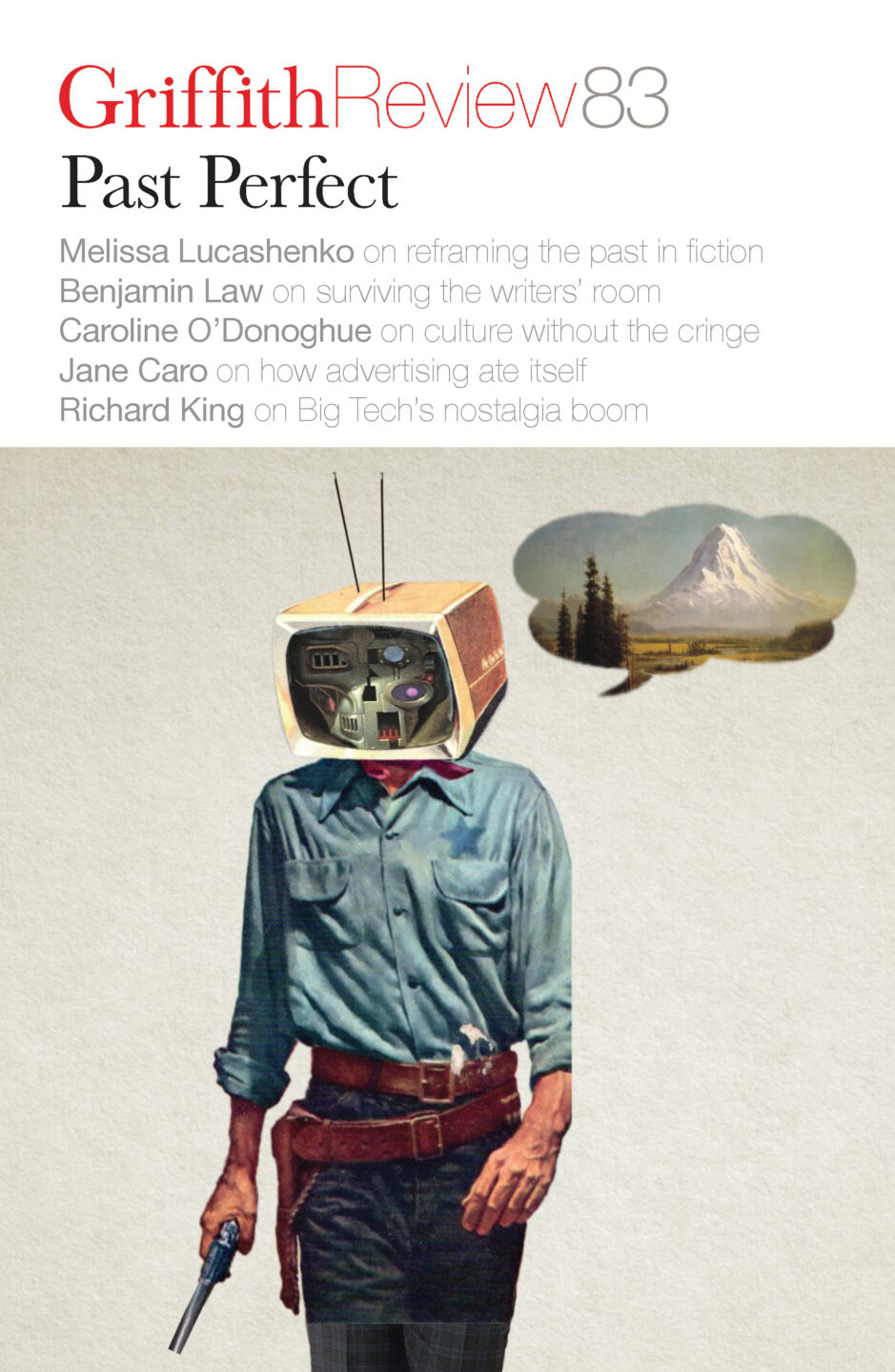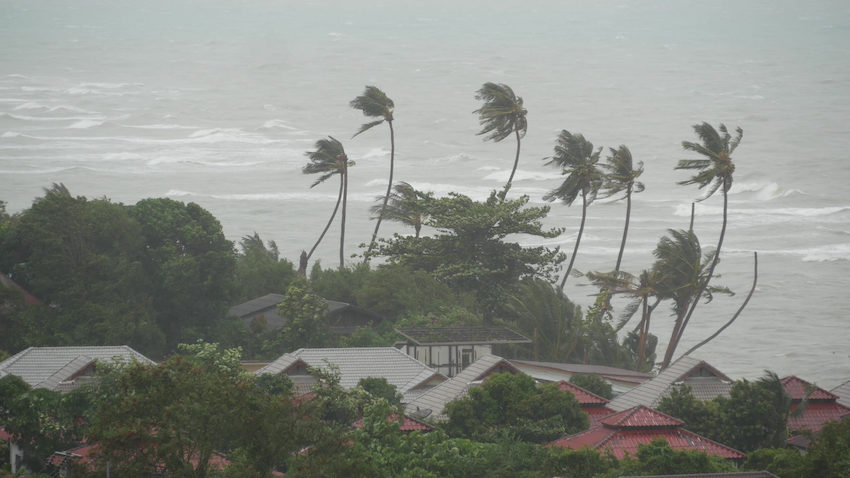Featured in

- Published 20240206
- ISBN: 978-1-922212-92-4
- Extent: 203pp
- Paperback, ePub, PDF, Kindle compatible


Already a subscriber? Sign in here
If you are an educator or student wishing to access content for study purposes please contact us at griffithreview@griffith.edu.au
Share article
More from author

The empathy machine?
A cursory Google search soon reveals that ‘VR as the ultimate empathy machine’ – as VR filmmaker and proselytiser Chris Milk calls his 2015 TED talk – is not just a niche academic research interest, it’s a movement. And like all movements, it has its prophets and zealots. According to Milk in a 2016 TechCrunch interview, VR promises the ‘democratisation of human experience’.
More from this edition

Cinema
Poetry I cry in the cinema Or not cry So hard that my head aches with the holding back Not in the film When those beside me weep Manipulated by...

The ship, the students, the chief and the children
Non-fictionThe power of the fossil-fuel order depends on foreclosing any kind of political and institutional decisions that would see societies break free from the malignant clamp of coal, oil and gas corporations. This power also depends on eliding alternative ways of seeing. In one sense, the whole of the political struggle against climate change can be understood as an effort to make corporate and political decision-makers see, such that they are required to act.

Mildew on the whiteness of Hölderlin
Poetry Mildew on the whiteness of Hölderlin’s shoulders, his phantom limb reaching towards an ideal he is sure he’ll reach. When the snow comes I am not even sure...